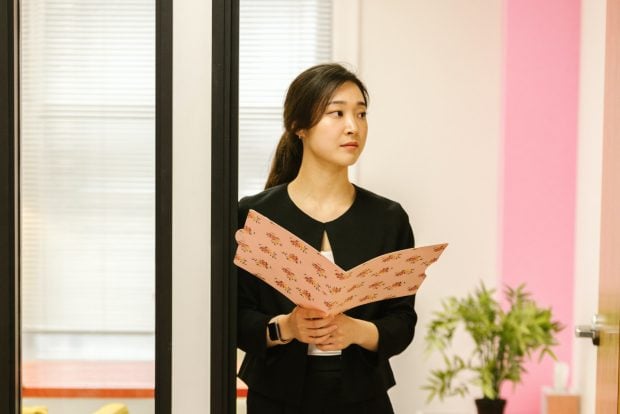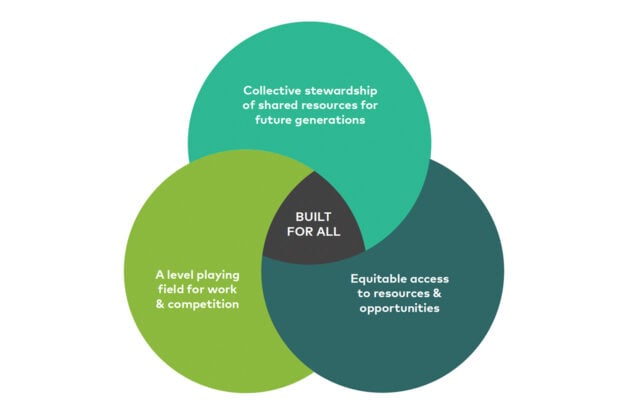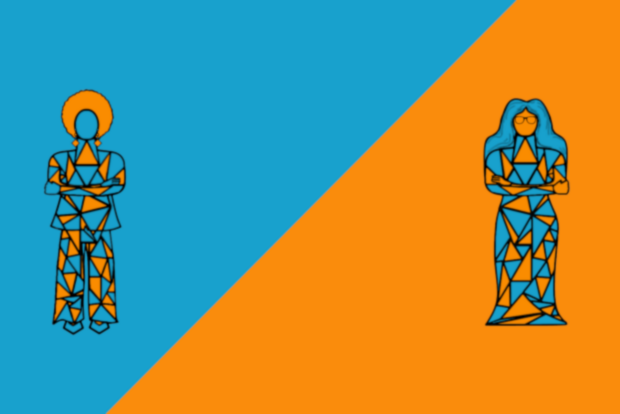Record number of women hired to Japanese civil service – but proportion remains low

The number of women appointed to roles in Japan’s national civil service has reached a record high of 38.7% in 2022-23, official figures show.
The percentage translates to women accounting for 3,507 of 9,063 hires via the civil service’s recruitment examination, a 1.5 percentage point improvement from the same period in the previous year.
The results for the 2023 fiscal year– which in Japan runs from April 2022 to March 2023 – were published by the country’s Cabinet Bureau of Personnel Affairs earlier this month.
Women hired via the career-track examination process to executive positions also hit a new high of 35.9%. This reflects a 1.4 point improvement on the previous year.
These results meet a target set by cabinet in 2020 to increase the proportion of female hires to 35% or more in each case.
Women hired in technical categories through the recruitment examination to March reached 27.2%, 3.1 points up on the previous update. The cabinet’s target is that women account for 30% of technical hires by fiscal 2025.
Up until 2013-14, the percentage of women hired to career-track positions remained in the range of 20-25%. However, there was a sharp increase following the Abe Shinzō administration’s push to promote the active participation of women in the civil service, which included an initial target to hire women in at least 30% of roles – both overall and in career-track positions – from fiscal 2015, and the higher target set in 2020.
While more women are being hired as career-track bureaucrats – the highly competitive employment scheme for high-ranking official positions in central government – it can take decades to rise to senior positions.
One of the worst-performing countries on gender
Though the improvements are encouraging, Japan remains one of the worst-performing of G20 and OECD countries when it comes to the proportion of women in its senior civil service, equivalent to the top five grades.
In Global Government Forum’s 2022 Women Leaders Index, Japan came second lowest in the ranking of G20 countries – with women accounting for only 5.3% of senior positions – and lowest in the OECD ranking. These results compare to G20 and OECD means of 29.3% and 36.2% respectively. In the indexed countries, only Saudi Arabia performed worse.
The Index showed that representation of female cabinet ministers, lower-house elected politicians, and those on the boards of publicly-listed companies in Japan is around double that of senior civil servants, at 10%, 9.9% and 12% respectively.
The country fell short of its modest target of having 7% women in civil service leadership roles by 2020 – a goal revised down significantly from the initial 30% target, after the government admitted it would fail to meet it.
Official figures obtained by GGF for the latest Index showed that women account for 41.9% of roles across Japan’s public service as a whole. On proportion of women at all levels, it ranks 17th of G20 countries, ahead only of Saudi Arabia, Turkey and India. The G20 mean is exactly 50%.
Read the Global Government Forum Women Leaders Index
Nine agencies reach gender parity in new hires
The latest official figures show that nine government organisations reached or exceeded gender parity in their fiscal 2023 hires, including the Cabinet Office (52.6% female hires), the Ministry of Foreign Affairs (53.3%), and the National Personnel Authority (62.5%).
The others were: Japan Casino Regulatory Commission (100%); Consumer Affairs Agency (81.8%); the Personal Information Protection Commission (75%); the Imperial Household Authority (57.9%); Japan Fair Trade Commission (57.7%); and the Children and Families Agency (50%). Most of these are external agencies that hire on a small scale.
In 2021, Karo Kono, then the minister responsible for administrative reform, said he was glad to see “highly skilled women aiming to become public servants,” and vowed to continue reforms in work practices at central government ministries while increasing the hiring rate of new public servants for both women and men.
Kono’s predecessor Mitsuhiro Miyakoshi said in 2019: “We’d like to provide a working environment friendly to women and continue our efforts to increase female recruits.”
Global Government Forum is launching a network for women in public service. If you would like to become a member (free) or receive more information, please email [email protected]




















